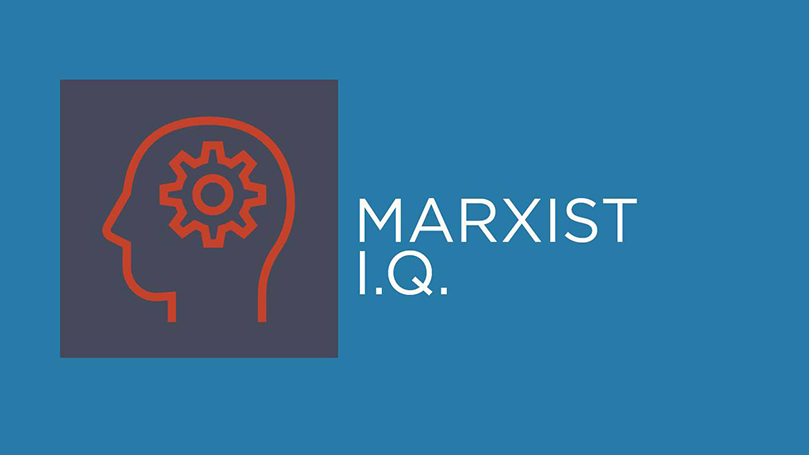
The land, raw materials, markets, and labor of the peoples of Latin America have long been a major target for U.S. expansion and imperialism. This Marxist IQ is dedicated to the ongoing struggles of the working classes of Latin America.
1. In the United States, Marxists see Latinos/Latinas/Latinx in the U.S. as
a. a nationality group.
b. a “race.”
c. a minority people from various Spanish and Portuguese ethnic backgrounds.
d. a nation that should have the right of self-determination.
2. Like African Americans and other people of color, Latinos face
a. institutional racism.
b. police brutality.
c. de facto segregation in employment and housing.
d. all of the above.
3. Latinos have been prominent in the struggles of the Communist movement in the United States. Which of the following was not a prominent CPUSA activist?
a. Juan Chacona
b. Jesús Colón
c. Ted Cruz
d. Emma Tenayucca
4. Many Latinos in the U.S. face a special condition apart from other minorities in that they
a. are victims of racism.
b. speak a foreign language.
c. come from countries that have been and are colonies and semi-colonies of the U.S.
d. are culturally different.
5. U.S. policy in much of Latin America in the 20th century, to paraphrase Franklin Roosevelt, was a policy of supporting “our son of a bitch,” aka military junta chiefs, to protect U.S. corporate interests. Which of the following leaders would not be considered “our son of a bitch” by U.S. ruling class interests?
a. Augusto Pinochet of Chile
b. Anastasio Somoza of Nicaragua
c. Raphael Trujillo of the Dominican Republic
d. Hugo Chavez of Venezuela
6. U.S. policy toward Latin America came to be called “gunboat diplomacy” and “dollar diplomacy” more than a century ago because
a. the U.S. intervened with marines, soldiers, and naval forces to both defend governments that followed its dictates and oust governments that refused to follow its dictates.
b. it supported U.S. corporations like the United Fruit Company to gain control of sugar and tobacco plantations and other parts of local economies, employing cheap labor and paying little in taxes.
c. the U.S. established bases like Guantanamo in Cuba and trained local military and police to maintain U.S. control.
d. all of the above.
Answers here.


 Join Now
Join Now